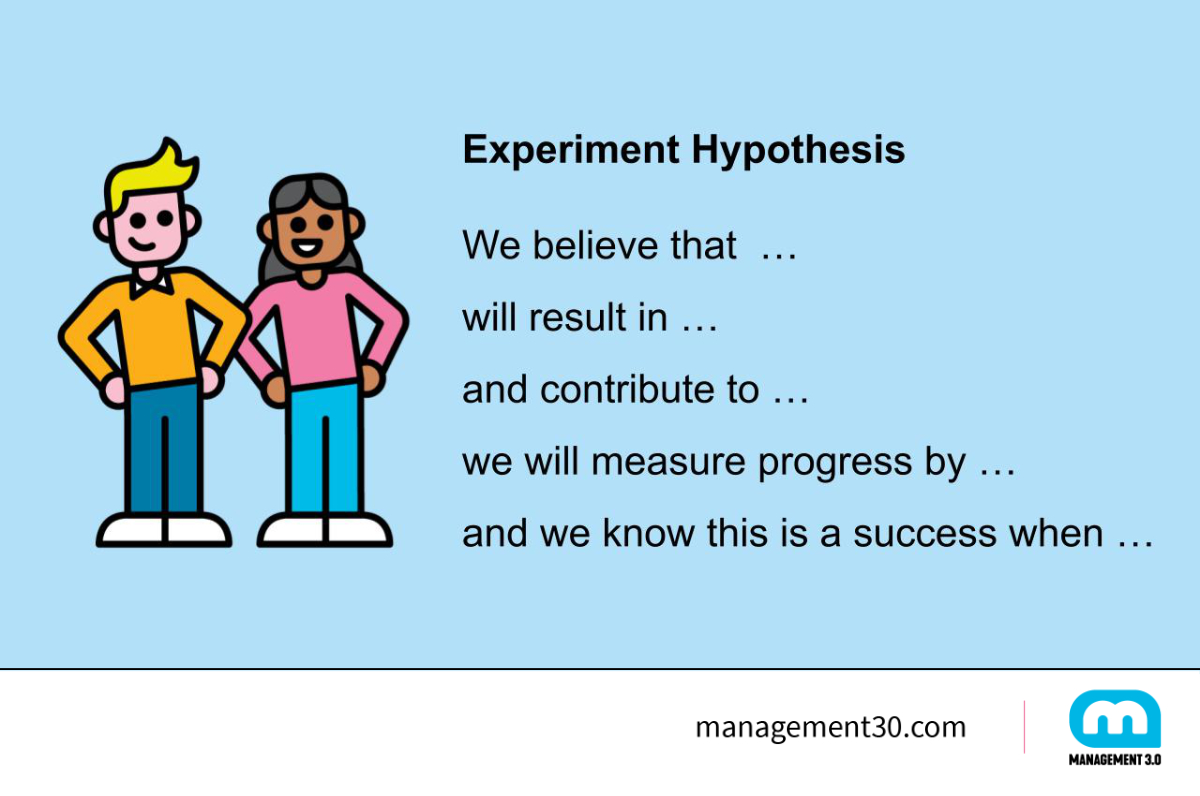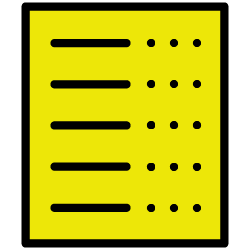Often you might find it difficult to see how the experiments you are running contribute to changes you are trying to make, or to consider how you will manage progress, or to assess how you will define its success – this is where the Experiment Hypothesis comes in. A simple framework to help you create your next experiments.
What you want to do as a company is maximize the number of experiments you can do per unit of time.
Jeff Bezos, Harvard Business Review
But how can you run more experiments? And how can you determine if the experiment was successful?
Scientists use hypothesis statements to make educated guesses based on what they already know to help them figure out how their experiments might turn out. Their hypothesis statements provide a framework for scientific experimentation and help scientists to design experiments that will test their hypotheses. By specifying what they expect to find, scientists can design experiments to collect data that will either support or refute their hypotheses.
You can use such hypothesis statements, too!
Experiment Hypothesis Template
To help you get started with running and defining experiments, you can use a template to define your hypothesis.
For example:
We believe that by having free fruit in the office
The first part of the sentence is about the experiment.
will result in happier team members
The second part is the result you want to achieve.
and contribute to the goal of decreasing people not being able to work
The next part links the experiment back to the change you would like to realize.
we will measure progress by using the Niko-Niko Calendar
The fourth part is a leading indicator, already showing if the experiment is heading the right direction.
and we know this is a success when the number of out of office days because of sick leave dropped 20% in six months.
The last part is about the final result, when do you decide your experiment is a success? This can also describe a learning.

The Experiment Hypothesis is part of the Change Management Advanced module and is therefore introduced in the Agile Change Leadership Workshop.


